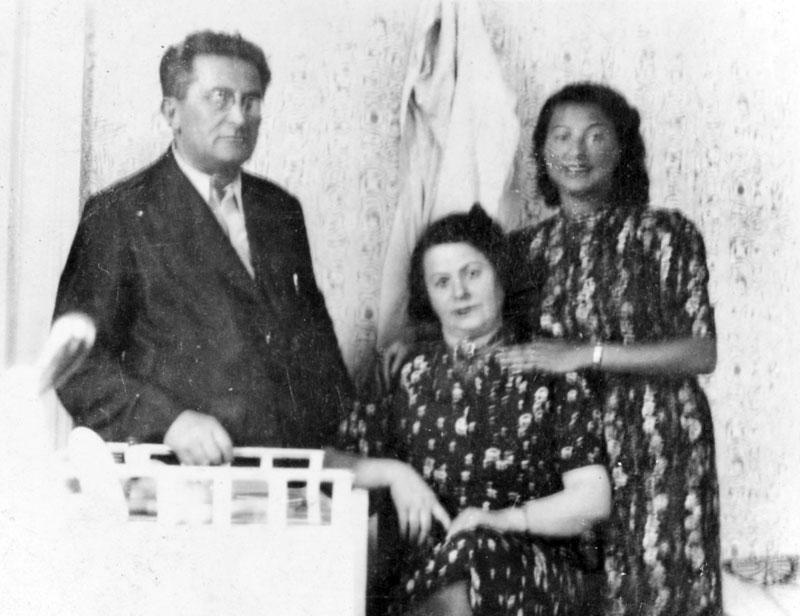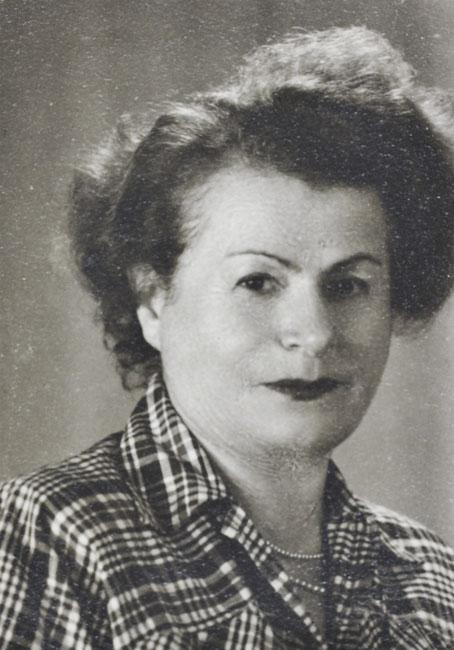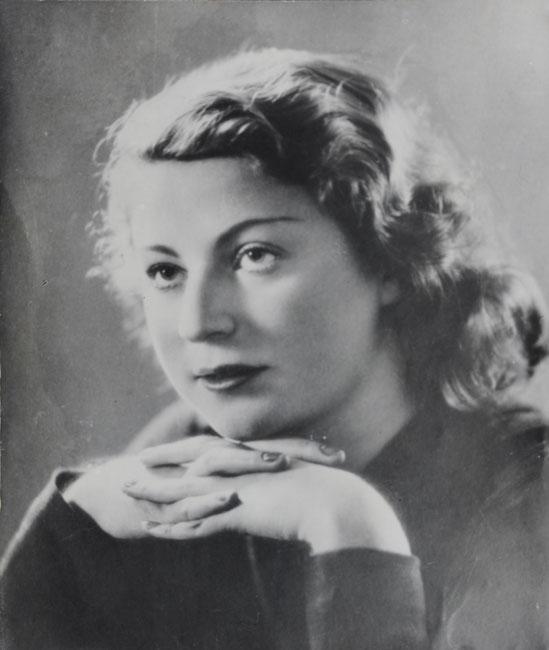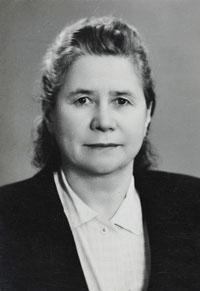







Sunday to Thursday: 09:00-17:00
Fridays and Holiday eves: 09:00-14:00
Yad Vashem is closed on Saturdays and all Jewish Holidays.
Entrance to the Holocaust History Museum is not permitted for children under the age of 10. Babies in strollers or carriers will not be permitted to enter.








On Sunday Nadia didn’t go to work. That’s our day. On Sundays we wash and eat on time. The kitchen is suddenly noisy. We both go out into the corridor, to the front door that leads to the street. Nadia goes to the kitchen to investigate. Nadia returned, pale with worry. It turns out that an order has been issued to the public: no one is permitted to leave the house. The Germans are going from house to house, searching for partisans. They are no longer talking about Jews because the Jews have been almost completely liquidated. “What should we do?” asks Nadia, “Go? Stay?” and once again we are in a situation with no way out.
Rachel Shuchman and her daughter Eugenia (Lusha) were both dentists in the city of Rovno in northwest Ukraine; they were among the few Jews from the city to survive the war. About eighty percent of the 30,000 Jews who lived in Rovno at the time of the German occupation in June 1941 were murdered in an aktion carried out by the Germans in November 1941. The 5,000 Jews who remained in the city were incarcerated in a ghetto. In July 1942, they were deported in cattle cars towards the town of Kostopol, and shot into open pits.
Before the war, Rachel had worked in a dental surgery with her husband Ben-Zion, who was a technician. Ben-Zion was murdered early on in the war, and his body was never found.
Their daughter Eugenia married Yaacov Rosenzwieg, also a dentist, three months before the outbreak of war. During the war years, Yaacov served in Siberia as a dentist, returning at the war’s end. Before the war, Eugenia had worked at a clinic in the city. Nadia, the cleaner at the clinic, hid her and her mother Rachel under the bed in her apartment. While in hiding, Rachel documented their wartime experiences on doctor’s prescriptions. She wrote poetry, piyutim (liturgical poems) and stories.
If they are going from house to house, how are we going to be protected by hiding under the bed? Nadia went, and as always, locked the door … they force open the door, now the door succumbs and bursts open … we hear Nadia returning (what a courageous woman!!). My hope is reignited. I rely on Nadia, on her intelligence and on her heart. We calmed down a little. We lie down quietly. Nadia is speaking, laughing, jesting and receiving a group of guests. “Please come in! Where have you been? I just popped out to a neighbor. I’ve been at home all morning. I saw that you wanted to come in to me so I ran here. After all, the door to the corridor is open.”
…The cupboard creaks, a sign that they have opened it, they are looking for something. In the middle of the room stands a small table covered with a large tablecloth. The edges of the cloth reach the floor. It is the only thing that remains from a large household. Obviously this appears suspicious to our lovely guests, they lift the edge of the tablecloth and search for partisans under the table. Now the searchers go towards the bed. It’s not at all surprising, these searchers, they search everywhere, they always look under the bed. … I have the chance to see the soldier’s boots from up close, a large boot, here, here he is touching my nose now. … Above the bed hangs a small picture of Jesus’s mother. The soldier who is conducting the search and so light-heartedly kills people like flies, is apparently a religious man. He focuses on the small picture, forgetting that he hasn’t checked what is happening under the bed. He turns his head from the bed towards Nadia, and says, “Your documents.”
Our Nadia comes back to life. Laughing and jesting she shows him her documents. He looks at the documents. The investigation is over. When I came out from under the bed my lips were blue, my face was as white as the wall. … We sat silently for a long time. Nadia couldn’t collect herself for a long while. She sat with her head down and her arms loose. When she was herself again I approached her, hugged her and kissed her on the head.
In 1948 Rachel immigrated to Israel. She brought with her the notes that she had written in hiding. Her granddaughter Rita Gefen, Eugenia’s daughter, donated Rachel’s notes to Yad Vashem. The notes provide a rare glimpse into the inner world of a Jewish woman under the constant terror of a life in hiding. These notes also constitute an eternal testament to the heroism of Nadia, a simple woman who didn’t know how to read or write, but who tied her fate to that of two Jewish dentists and saved their lives.

Thank you for registering to receive information from Yad Vashem.
You will receive periodic updates regarding recent events, publications and new initiatives.

"The work of Yad Vashem is critical and necessary to remind the world of the consequences of hate"
Paul Daly
#GivingTuesday
Donate to Educate Against Hate


Worldwide antisemitism is on the rise.
At Yad Vashem, we strive to make the world a better place by combating antisemitism through teacher training, international lectures and workshops and online courses.
We need you to partner with us in this vital mission to #EducateAgainstHate
The good news:
The Yad Vashem website had recently undergone a major upgrade!
The less good news:
The page you are looking for has apparently been moved.
We are therefore redirecting you to what we hope will be a useful landing page.
For any questions/clarifications/problems, please contact: webmaster@yadvashem.org.il
Press the X button to continue



